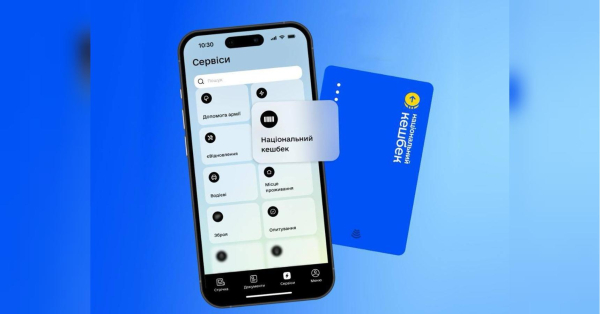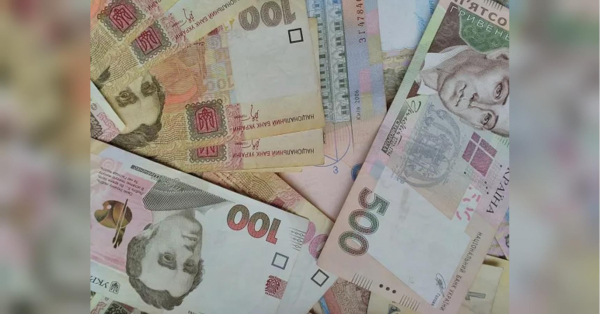
KYIV, Ukraine — Chinese President Xi Jinping plans to visit Moscow next week, a major boost for Russian President Vladimir Putin amid sharpening East-West tensions over the war in Ukraine and the latest sign of Beijing’s emboldened diplomatic ambitions.
Western leaders have tried to isolate Putin over the conflict, now in its 13th month. Xi’s trip, announced Friday, is a diplomatic shot in the arm to the Russian leader at a time when his troops are bogged down in a battle of attrition, focused now on Ukraine’s eastern Donbas region.
The U.S. on Friday said it would oppose any effort by China at the meeting to propose a ceasefire in Ukraine as the “ratification of Russian conquest.”
White House National Security Council spokesman John Kirby encouraged Xi to reach out to Ukrainian President Volodymyr Zelenskyy to get his country’s perspective on the war and to avoid any “one-sided” proposals.
China has sought to project itself as neutral in the conflict, even while it has refused to condemn Moscow’s aggression and declared last year that it had a “no-limits” friendship with Russia. Beijing has denounced Western sanctions against Moscow, and accused NATO and the United States of provoking Putin's military action.
Throughout the conflict, China has said the sovereignty and territorial integrity of all countries should be respected. It remains unclear, however, whether it sympathizes with Moscow’s claims to seized Ukrainian territory.
Xi’s visit would mark his first meeting with Putin since September, when they met on the sidelines of a regional summit in Samarkand, Ubekistan. Before that, Putin attended the opening of the 2022 Beijing Winter Games and met with Xi shortly before sending troops into Ukraine.
Kremlin spokesman Dmitry Peskov said Friday that Putin and Xi would have a one-on-one meeting over an informal dinner Monday. Broader talks involving officials from both countries are scheduled for Tuesday.
Putin’s foreign policy adviser, Yuri Ushakov, suggested the talks could yield new approaches to the fighting in Ukraine.
“I’m sure that our leader and the Chinese leader will exchange their assessments of the situation in the context of the development of the conflict in Ukraine,” Ushakov said. “We shall see what ideas will emerge after that.”
A spokesman for Prime Minister Rishi Sunak said Britain would welcome any genuine effort by China aimed at “restoring sovereignty to Ukraine.” Kyiv says that is non-negotiable in any attempt at ending the war.
“Any peace deal which is not predicated on Ukraine’s sovereignty and self-determination is not a peace deal at all,” Sunak's spokesman Jamie Davies said.
On Thursday, Chinese Foreign Minister Qin Gang reached out to his Ukrainian counterpart, Dmytro Kuleba, telling him that Beijing was concerned about the war spinning out of control and urging talks on a political solution with Moscow.
China has “always upheld an objective and fair stance on the Ukraine issue, has committed itself to promoting peace and advancing negotiations and calls on the international community to create conditions for peace talks," Qin said.
Kuleba later tweeted that he and Qin “discussed the significance of the principle of territorial integrity.” Ukraine has listed Russia's withdrawal from the occupied areas as the main condition for peace.
“I underscored the importance of (Zelenskyy’s)’s peace formula for ending the aggression and restoring just peace in Ukraine,” wrote Kuleba, who spoke the same day with U.S. Secretary of State Antony Blinken.
China last month called for a Ukraine cease-fire and peace talks between Kyiv and Moscow. Zelenskyy cautiously welcomed Beijing’s involvement but the overture appeared to go no further.
China has its own territorial issues with Taiwan, which it claims as its own territory to be brought under its control by force if necessary.
Beijing’s apparent deeper dive into Ukraine issues follows its success last week in brokering talks between Iran and its chief Middle Eastern rival, Saudi Arabia. Those two countries agreed to restore their diplomatic ties after years of tensions.
The agreement cast China in a leading role in Middle Eastern politics, a part previously reserved for longtime global heavyweights like the U.S.
On the back of that, Xi called for China to play a bigger role in managing global affairs.
Washington has marshaled Western military and diplomatic efforts against Putin, but the Russian leader has showed no signs of softening his belligerent stance.
In Washington on Friday, Kirby told reporters, “A ceasefire now is, again, effectively the ratification of Russian conquest.” It would, he added, ”in effect recognize Russia’s gains and its attempt to conquer its neighbor’s territory by force, allowing Russian troops to continue to occupy sovereign Ukrainian territory.”
He warned that Russia could use a ceasefire to regroup “so that they can restart attacks on Ukraine at a time of their choosing."
The destruction of a U.S. drone over the Black Sea on Tuesday following an encounter with Russian fighter jets further escalated U.S.-Russia tensions, although it also prompted the first conversations between the countries' defense and military chiefs since October.
Putin invited Xi to visit Russia during a video conference call the two held in late December. The visit, Putin said, could “demonstrate to the whole world the strength of the Russian-Chinese ties” and “become the main political event of the year in bilateral relations.”
Chinese Ministry of Foreign Affairs spokesperson Wang Wenbin said Friday that Xi “will have an in-depth exchange of views with President Putin on bilateral relations and major international and regional issues of common concern…."
"Currently, the world is entering a new period of turbulence and reform with the accelerated evolution of changes of the century. As permanent members of the U.N. Security Council and important major countries, the significance and impact of the China-Russia relations go far beyond the bilateral sphere,” he added.
The Kremlin said in a statement that Xi and Putin will exchange views “in the context of deepening Russian-Chinese cooperation in the international arena,” and would sign “important bilateral documents.”
___
Follow AP's coverage of the war in Ukraine: https://apnews.com/hub/russia-ukraine-war
Sourse: abcnews.go.com






